Mozambique: CIP accuses Chapo of violating Public Probity Law - AIM
Mozambique: MDM moves forward with censure motion against the government
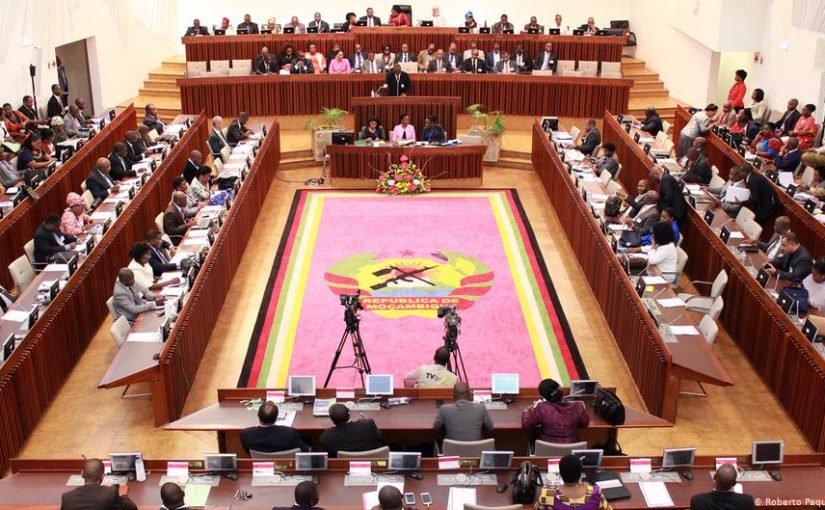
File photo: DW
- The MDM wants clear answers about the armed conflicts in the country. “We have expectations that the three benches will approve the motion to give the government a yellow card on how it is relating to the people,” the MDM explains.
On October 28, the government went to parliament to answer questions from deputies about its strategy to combat the insurgents carrying out attacks in the province of Cabo Delgado for the last three years.
But the Democratic Movement of Mozambique (MDM), the country’s second-largest opposition party, was not satisfied with the responses of the Frelimo government, and on Monday (09-11) party filed a motion of censure based on the information provided [by the government to parliament].
Deutsche Welle Africa (DW) spoke to MDM spokesperson Fernando Bismarque.
DW Africa: What led the MDM to move forward in this direction?
Fernando Bismarque (FB): We submitted the draft motion of censure to admonish the government for the uncourteous, unfriendly and disrespectful manner in which it has acted in the Assembly of the Republic.
The last time it was there to provide information, the government simply ignored questions raised by the MDM parliamentary bench. All we wanted to know was simply about the classification of the situation in Cabo Delgado in concrete, whether it is a terrorist aggression, a situation that jeopardises national sovereignty, or if it is simply a matter of contempt for public order.
It is necessary to answer these questions because they can clarify what is really happening in Cabo Delgado. Because at this moment the operations [in Cabo Delgado] are directed by the general commander of the police and not by the national army, which means that there is either a problem with the command. or with the concept of what is happening in Cabo Delgado. What is more serious is the fact that a police commander mobilised former national liberation fighters to defend sovereignty. This reveals unpreparedness and lack of confidence in our Defence and Security Forces (FDS). This is basically issuing a certificate of incompetence to the FDS, which is synonymous with disharmony in the theatre of operations.
DW Africa: What does your party think to the hypothesis that this might have happened so as not to jeopardise the success of defence and security operations, in the name of the “state secrecy”?
FB: Regarding the fact that the government has said that it will not share classified information, we think that this shows a clear lack of respect for the Assembly of the Republic. What the deputies requested in terms of information was not classified information, such as how many weapons there are , how many men are in the theatre of operations, how many trenches our army has, etc. What we wanted [to know] was mainly the role of the Defence and Security Forces in the rescue and evacuation of citizens, who every day abandon Cabo Delgado for safer areas.
Recently there was a shipwreck, and hundreds of citizens have fled into the bush for lack of an evacuation plan. And the government just said that about 3,000 land plots are being parcelled out to the 435,000 people in the resettlement areas. It does not make any sense. Even if land was allocated to all of them, these are families who have left their homes, who have left everything behind, and it does not make sense that assistance to these families is only a plot of wasteland.
We think that the government should not have reservations about providing information to the Assembly of the Republic – and the government has a number of other ways to provide information to parliament besides those which are open to the general public.
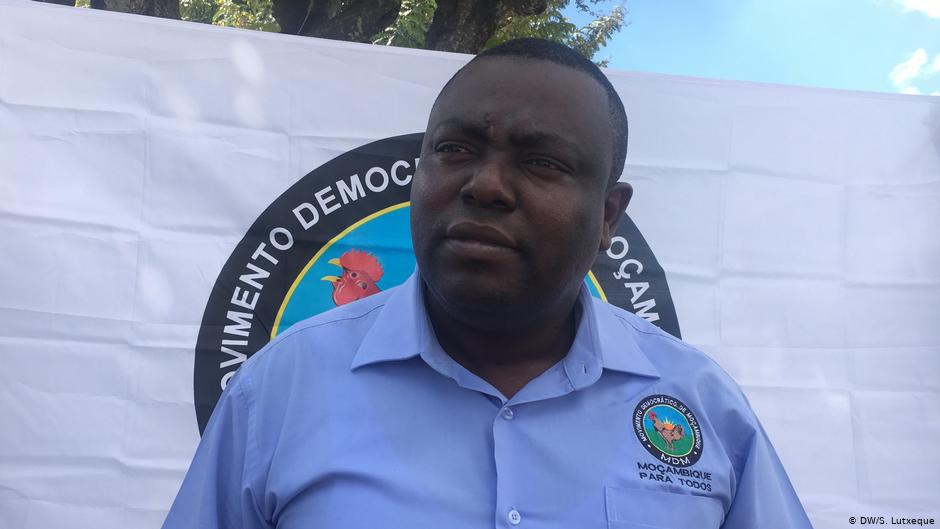
DW Africa: With regard to external mobilisation to tackle terrorism in Cabo Delgado, the government has not yet said whether this [mobilisation] is about the intervention of external forces. For example, the EU has only mentioned support for training. To request this type of support, does the government not also need the authorisation of parliament?
FB: The government has been mobilising the United Nations, the African Union, the SADC, and even some friendly countries, but it is not mobilising the people, which could happen if the government came to the Assembly of the Republic to engage all parliamentary forces and all stakeholders in discussion of the situation in Cabo Delgado.
Now, it is a mockery to watch the European Parliament, for example, debate Cabo Delgado, to see the parliaments of Botswana and South Africa debating Cabo Delgado, while our own parliament plays the deaf ears, not scheduling a debate so important and urgent as is the case of Cabo Delgado, which is experiencing a humanitarian crisis with serious consequences for the social fabric.
It suffices to say that thousands of citizens, mostly women and children, have been fleeing conflict regions. And that can give rise to other problems, such as violence against women, child labour, child prostitution and the outbreak of diseases such as cholera. Our cities are not prepared to receive an avalanche of people such as has been happening in the last few days. That is why it is urgent to find a solution. And the motion of censure is actually a political instrument of political control of the government in its relationship with parliament. And we expect the three parliamentary benches to approve the motion and show the government the yellow card for how it has been relating to the people, who are represented in the Assembly of the Republic.



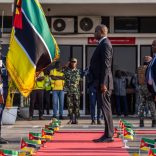


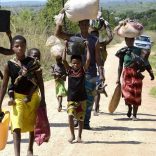
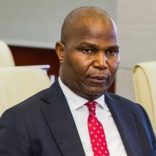




Leave a Reply
Be the First to Comment!
You must be logged in to post a comment.
You must be logged in to post a comment.